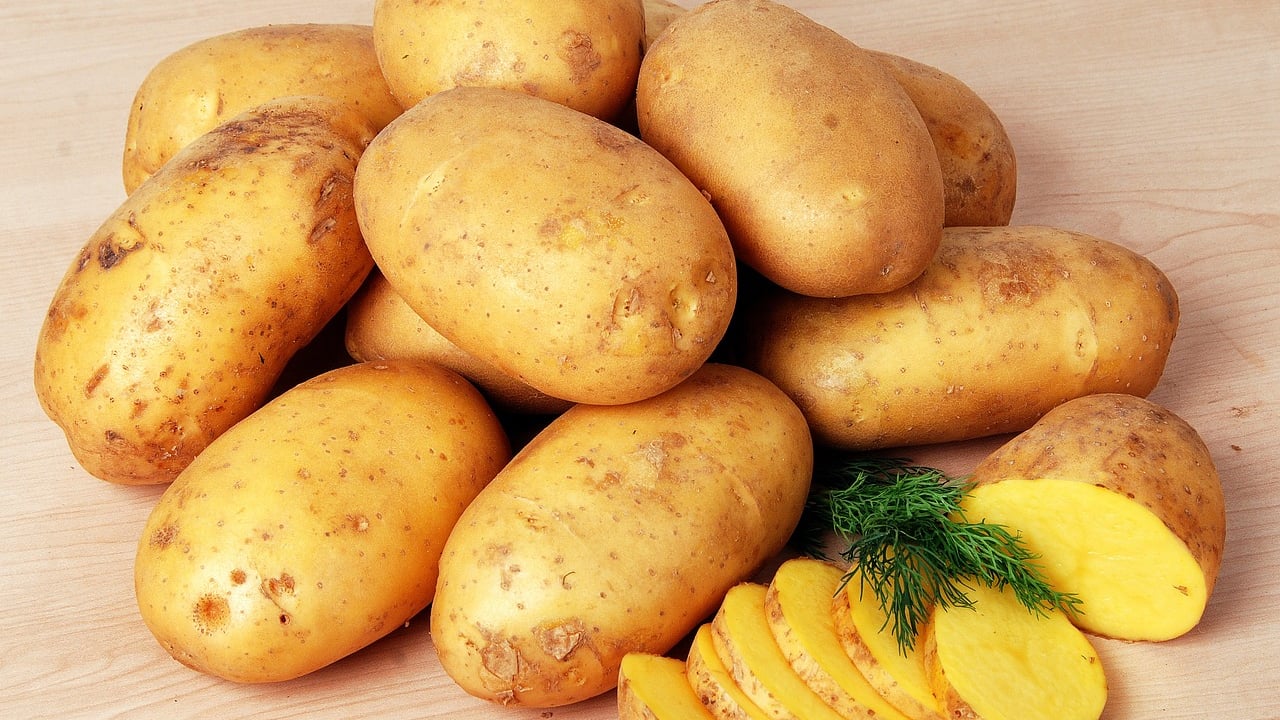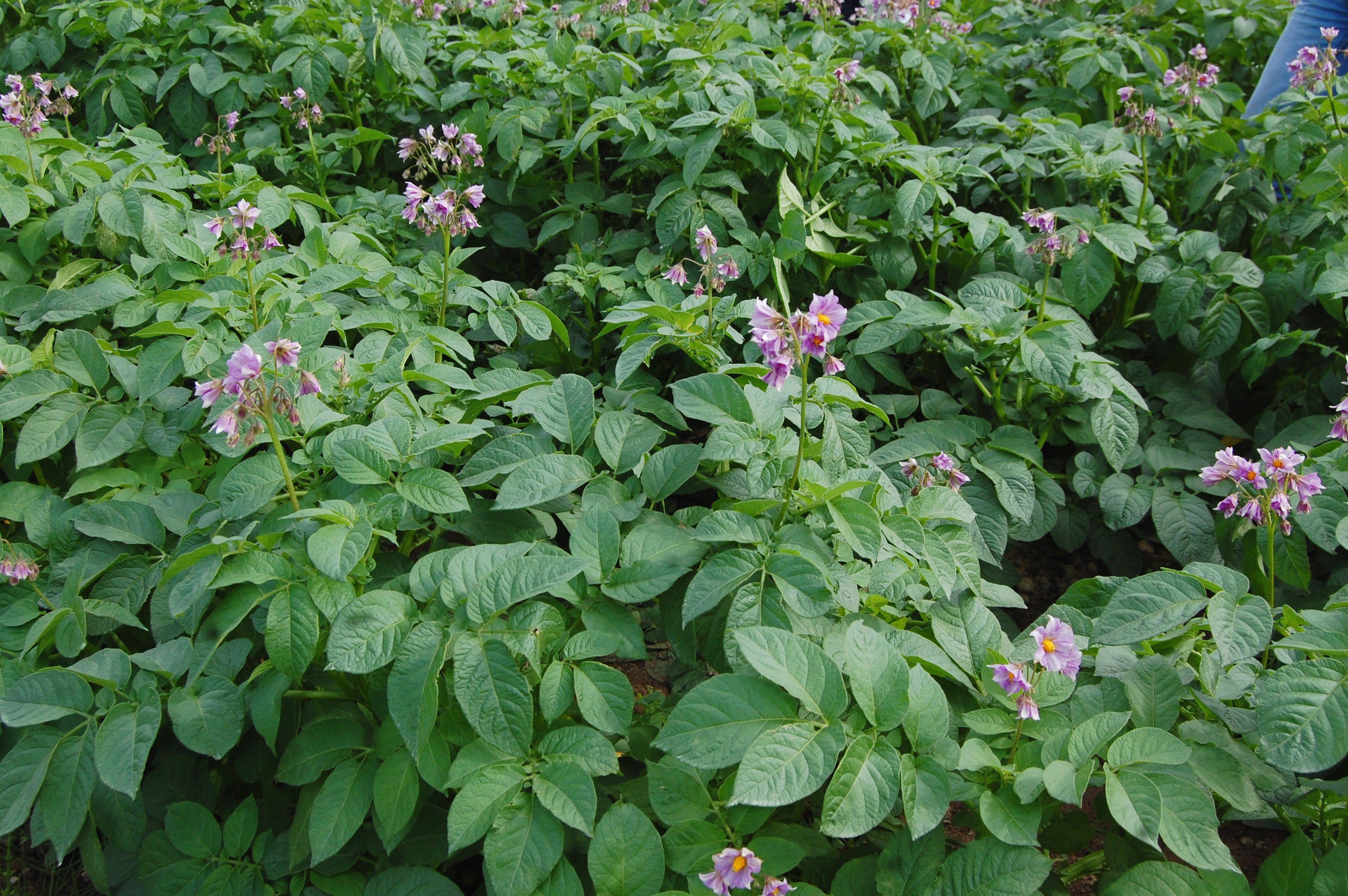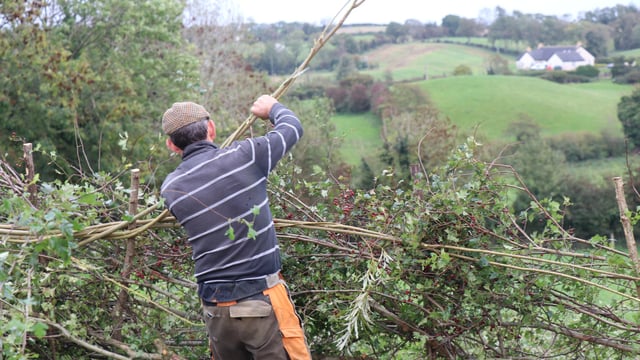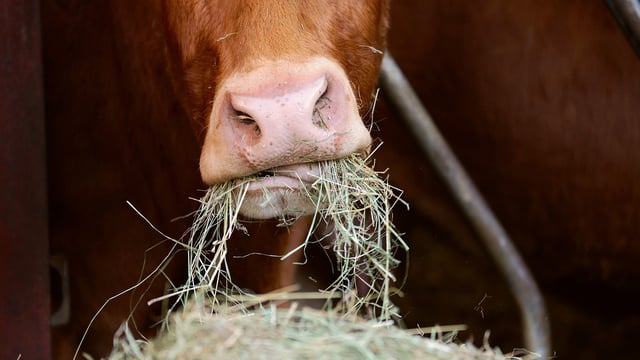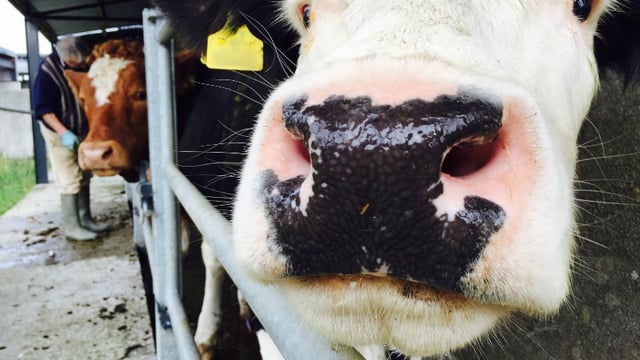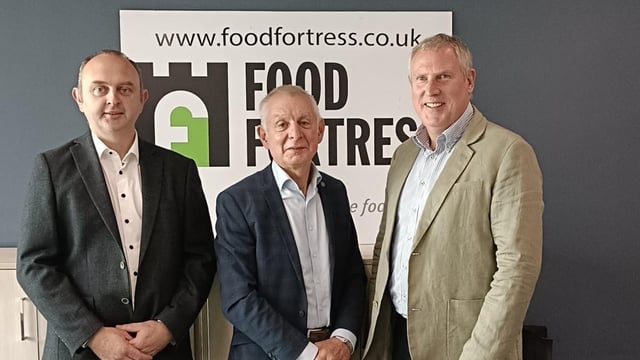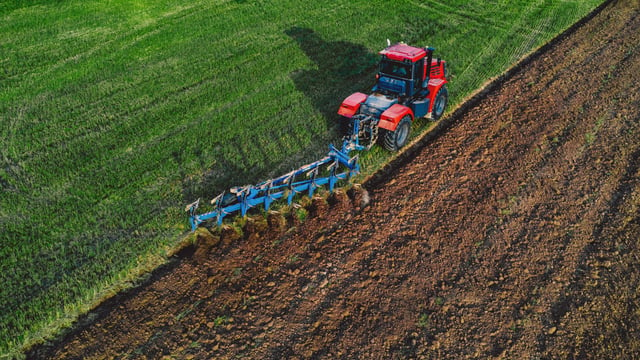Maincrop potato yields expected to be down on 2024 levels
Maincrop potato yields are expected by industry leaders to be significantly reduced this year relative to 2024, as a direct result of the drought conditions that impacted for much of the 2025 growing season.
Potato digging is well underway in parts of the country, with some growers in the south-east confirming that yields are down by as much as 30%, year-on-year.
Recent rainfall has improved lifting conditions, but some areas still remain too dry to lift because of fears of bruising.
It is too early to assess overall crop quality at this stage. However, tuber dry matters are exceptionally high.
In addition, there have been reports of cracking on early lifted Rooster.
One bright point of the exceptionally dry growing season was the low level of blight recorded on most potato enterprises.
Potato markets
For most of the spring and summer period, Irish potato markets remained very subdued.
However, the Irish Farmers’ Association (IFA) is confirming that retailer and consumer demand has picked up significantly since schools have recommenced and the holiday season has come to an end.
Demand from the processing factories is still entirely for contracts and there has been almost no interest in excess to contract.
Meanwhile, the early crop harvest is coming to an end, and buyers are also taking in increasing quantities of Innovator and Fontane.
Looking ahead, it has been confirmed that certified seed potato imports from Scotland should be available on the Irish market from 2026 onwards.
This will provide Irish seed growers more time to grow Irish seed to maintain our acreage, according to IFA potato committee chairperson, Sean Ryan
He explained: “This will be part of an over-arching Common Sanitary and Phytosanitary Agreement reached between the UK and the European Commission.
“No final timings have been arrived at with regard to the introduction of the new measures.
"However, it is hoped that everything will be in place to allow the importation of certified seed potatoes from Scotland in time for the 2026 growing season.”
Blight control remains the most significant agronomic challenge facing Ireland’s potato sector.
The coming weeks should see information released on the strains of blight that have been active in Ireland this year.
There is a high degree of co-operation on this matter involving Ireland and other European countries.
This should allow for the strategic development of blight control strategies that can be implemented by growers in 2026.

